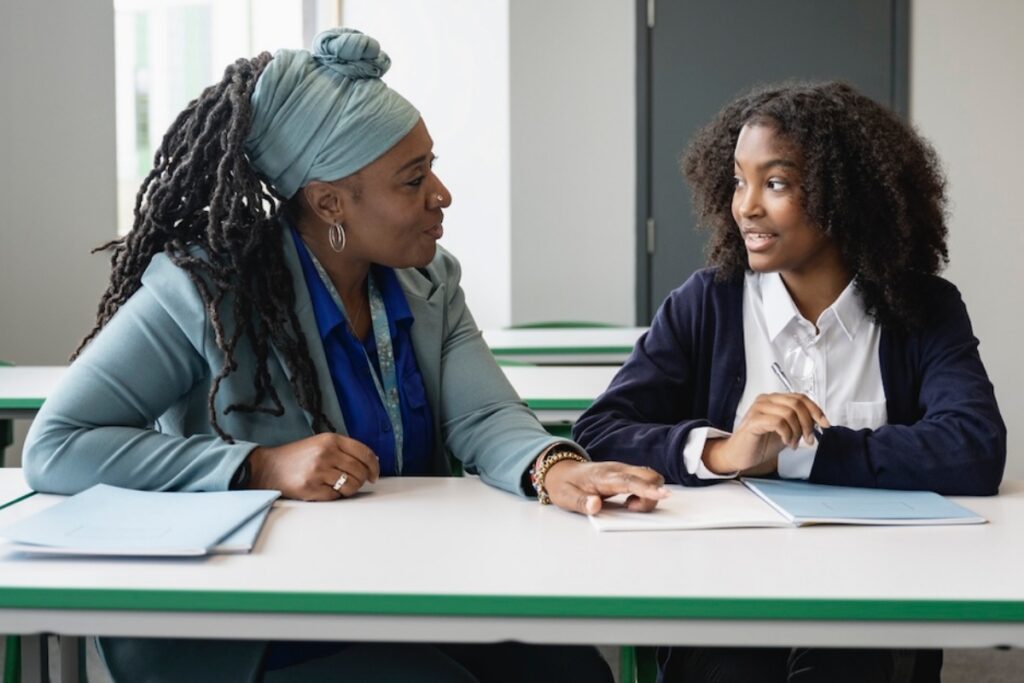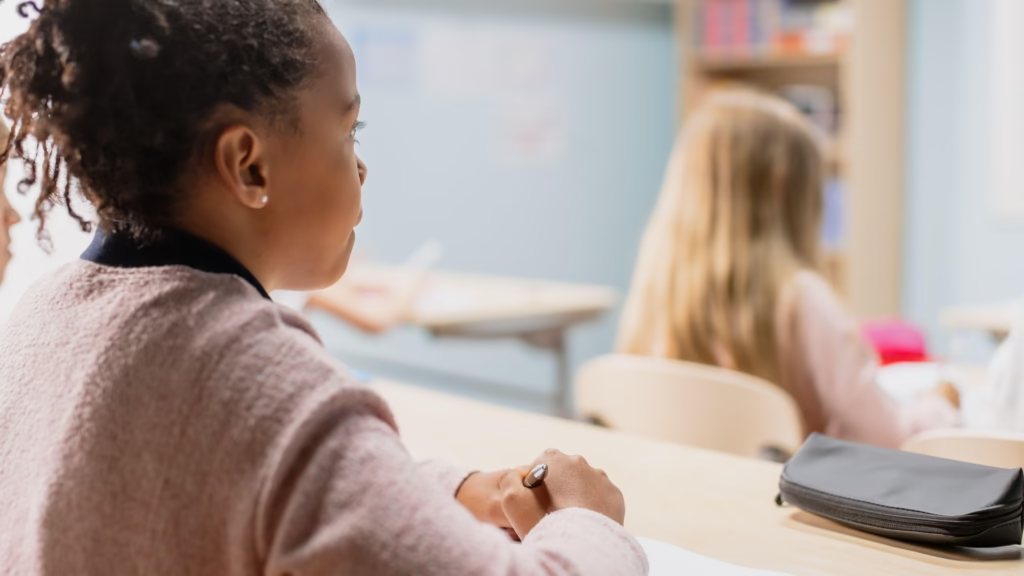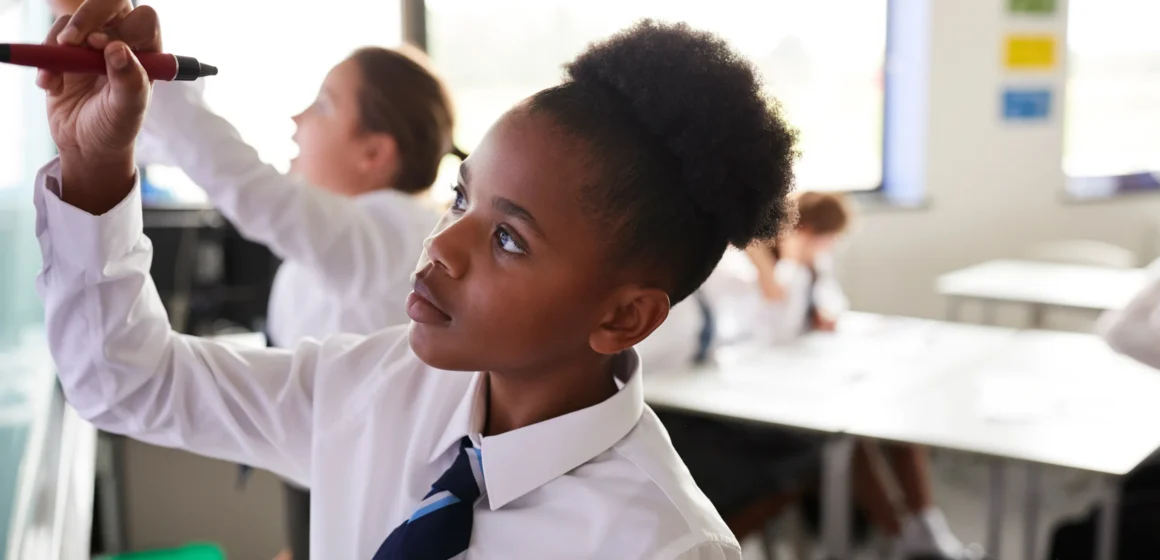Unfairly punished? Schools should be places where every student feels safe and treated equally. However, a “See Us, Hear Us” report shows this is not true for many UK Black girls. The report revealed that over 60% of Black girls believe schools punish them unfairly. This serious issue demands attention.
The report highlights that Black girls face more punishment compared to other students. Many Black girls said people often judge them unfairly. They shared that teachers saw them as “loud” or “aggressive.” These harmful labels lead to more detentions and exclusions. The report shows that these punishments are not based on behaviour but on stereotypes.
Why Black Girls Face These Issues
Teachers and staff often see Black girls as older than they are. This is called adultification bias. Because of this, they may expect Black girls to act more maturely. They also assume they do not need as much protection or understanding. This leads to harsher punishments for normal teenage behaviour.
Stereotypes also make schools unfair for Black girls. People often label them as “difficult” or “defiant.” When they speak up, others perceive it as having an “attitude.” These stereotypes shape how teachers and staff treat them, resulting in more punishment.

The Bigger Picture
This unfair treatment is not just about individual schools. It is part of a bigger problem in the education system. Statistics show that Black students, especially Black Caribbean students, face more exclusions than others.
- Black Caribbean students are three times more likely to be permanently excluded than White British students.
- Black girls are 2.4 times more likely to get fixed-term exclusions than White girls.
These numbers reveal that schools judge Black girls more harshly for the same actions as other students.
Cultural Insensitivity
Some school policies also make things difficult for Black girls. Many schools have strict rules about hairstyles. These rules often ban natural Afro-textured hairstyles, like braids or Afros. According to the Halo Code, 58% of Black students have faced discrimination because of their hair. This is another way schools fail to understand and respect their cultural identity.
How This Affects Black Girls
Punishments like exclusions and detentions hurt Black girls in many ways.
When Black girls feel unfairly punished, it affects their mental health. Many feel anxious or sad. Some lose confidence in themselves. Over time, they may feel like they don’t belong in school.
Unfair treatment also affects their education. Excluded students miss important lessons, making it harder for them to keep up with their classmates. The Timpson Review found that excluded students, like GCSEs, are 60% less likely to pass important exams. Without these grades, going to university or getting a good job is harder.
Students excluded from school are more likely to get into trouble outside school. Exploitation puts them at risk, such as joining gangs. This shows how unfair school policies can affect their entire life.

What Can Be Done?
Schools need to create fair and inclusive rules. For example, the Halo Code shows schools how to improve hair and uniforms policies. All students deserve to feel accepted for who they are.
Teachers need training to understand their own biases. When teachers learn about unconscious bias, they can treat all students more fairly. Training also helps teachers understand and support students from different backgrounds.
Black girls must have a voice in schools. Programs like #HearUs give them a chance to share their experiences. When they listen to them, schools and policymakers can create better rules and environments.
Some schools and organizations are already making changes. The UK government has introduced the Inclusive Britain plan, which includes teacher training to reduce bias. Some local authorities now check how their school policies affect different groups of students. These are good first steps, but more needs to be done.
Conclusion
The “See Us, Hear Us” report shows that schools need to improve for Black girls. More than 60% believe they are unfairly punished. Stereotypes, bias, and unfair policies cause this issue. The impact is serious, affecting their mental health, education, and future. Schools must adopt fair policies, train teachers, and listen to Black girls to fix this. Every student deserves to learn in a safe and fair environment. By making these changes, we can ensure a brighter future for Black girls in schools.
Thank you so much for reading, click the link to read more of our Education Articles




Leave a Reply
You must be logged in to post a comment.